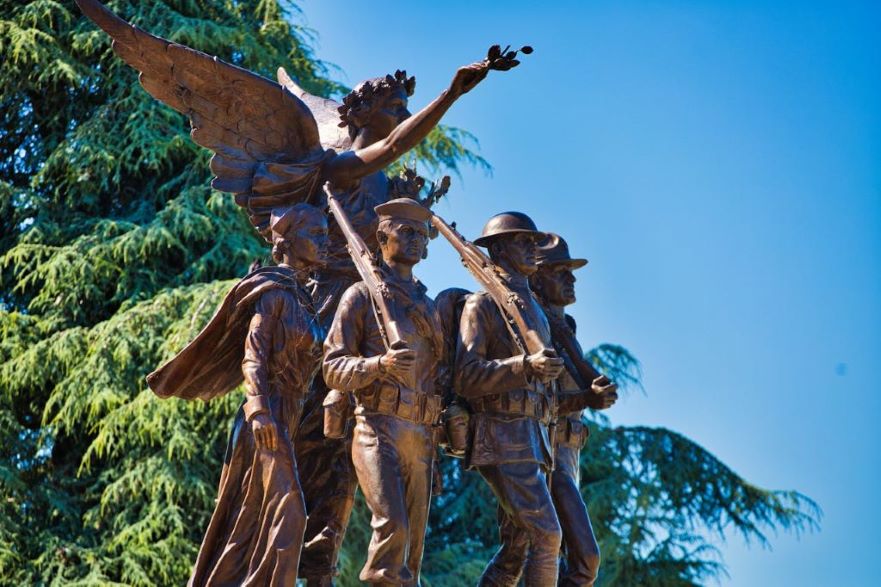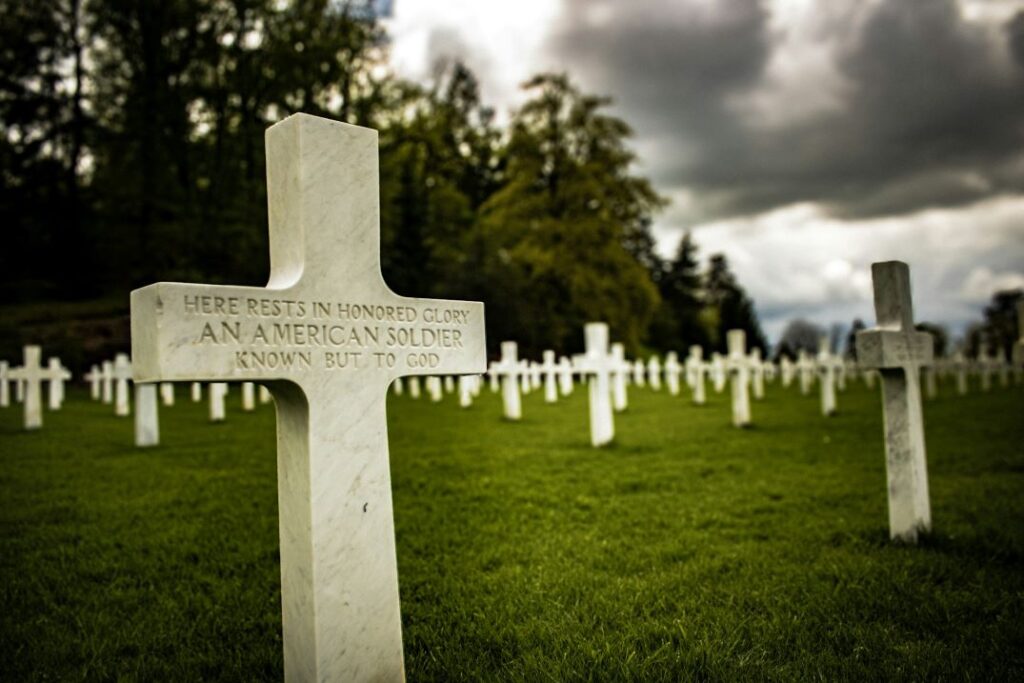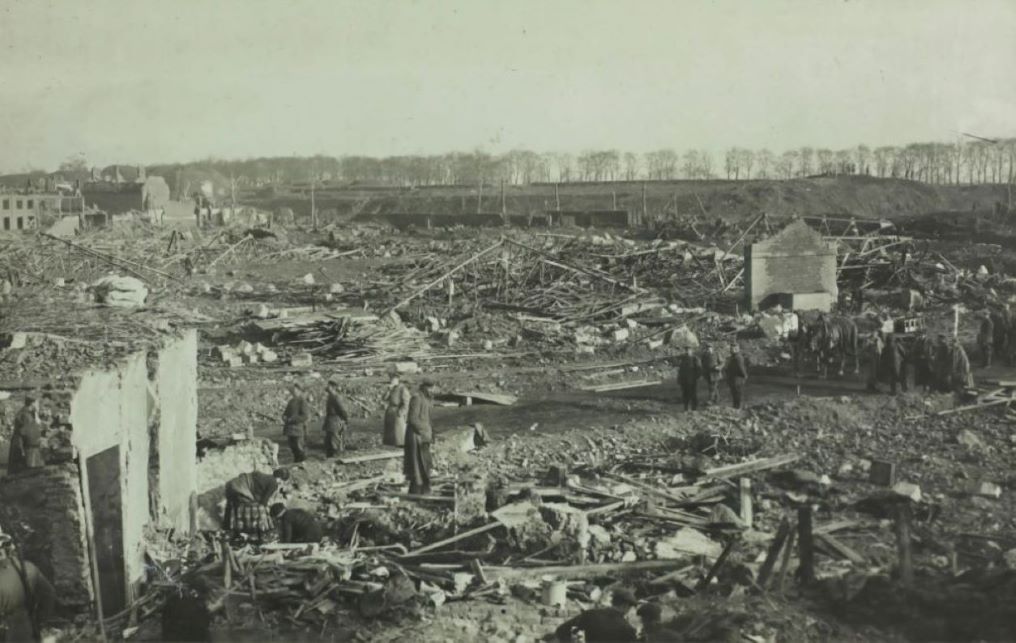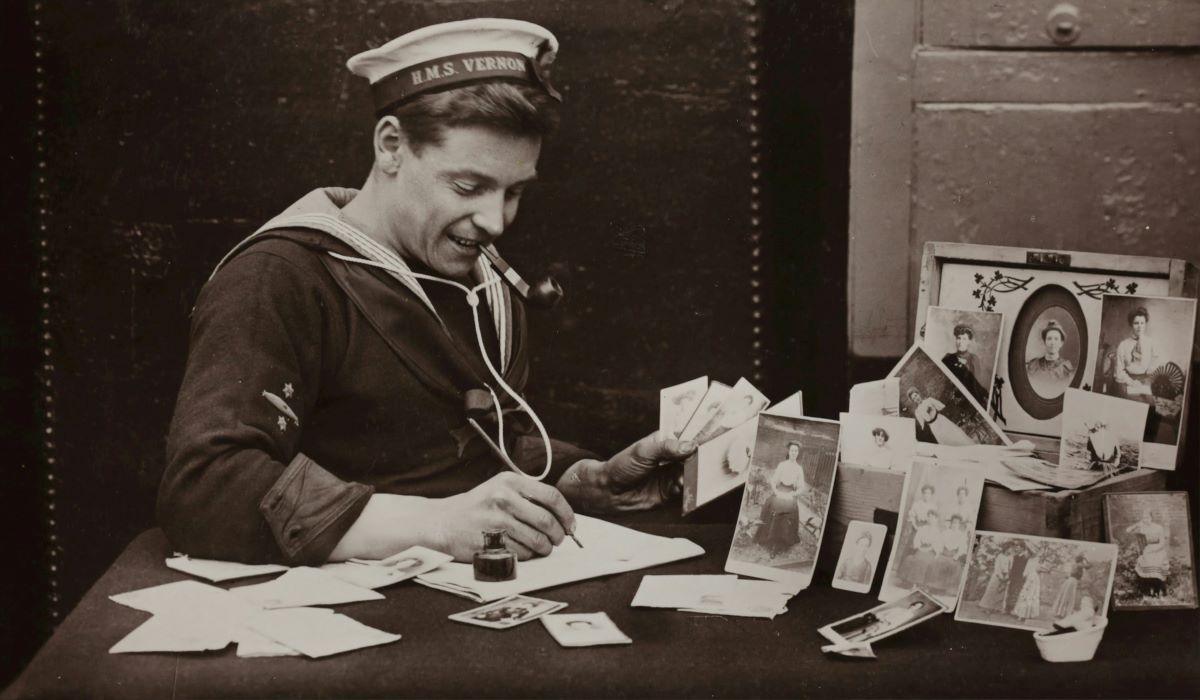TheLitPerspective is your one-stop shop for everything that ignites the spark of curiosity within you.
Being a Prisoner of War: The Life of a Captured Soldier

Photo by Greg Thames
The experience of a prisoner of war (POW) is a stark and harrowing testament to the human capacity for endurance.
The crucible of captivity stripped individuals of their freedom, identity, and, often, hope. Yet, it is also a story of remarkable resilience, as these individuals, against all odds, found the strength to endure.
Life as a POW in a German prison camp in WWII was full of physical, psychological, and emotional challenges, so let’s take a look at the other side of the barbed wire fences.
The Life of a Captured Soldier
The journey to captivity began with the fortunes of war. During the course of the Second World War, soldiers, sailors, and airmen from a myriad of nations were often captured by the German Wehrmacht. Their experiences, while shared in the commonality of imprisonment, were shaped by factors such as rank, nationality, and the specific camp in which they were incarcerated.

Photo by Liam Heywood
Being a Prisoner of War: The Inner and Outer Burdens
Life within a POW camp was a stark contrast to the world outside. Basic human needs were reduced to their most elemental forms. Food, often meager and monotonous, was a constant source of anxiety. The physical conditions were typically harsh, with overcrowding, poor sanitation, and exposure to the elements commonplace. The lack of food and the neglect with regard to hygiene in these conditions led to the spread of diseases like dysentery, typhus, and tuberculosis, which ran rampant through the camp population, posing a constant threat to life and limb.
Despite the physical hardships, the psychological toll of captivity was perhaps even more devastating. The loss of freedom, the uncertainty of the future, and the constant threat of punishment created a climate of fear and despair. Many prisoners developed coping mechanisms, such as finding solace in religion, education, or work details. For instance, some prisoners found comfort in religious practices. Others found solace in educating themselves or engaging in work details. Others succumbed to the pressures of captivity, their mental health deteriorating into depression, apathy, or even madness.
Being a Prisoner of War: A Complex Network
The dynamics within the camp were complex. A hierarchy often emerged among the prisoners (in addition to the hierarchy already set by the captors), reflecting pre-war social structures and wartime experiences. Leadership, whether formal or informal, played a crucial role in maintaining order and morale. The camaraderie among prisoners was a vital source of strength, providing emotional support and a sense of community.
Escape was a constant dream, a flicker of hope in the darkness of captivity. While successful escapes were rare, the planning and execution of such attempts could provide a sense of purpose and a temporary respite from the monotony of camp life. Those caught attempting to escape faced severe punishment, including solitary confinement and even execution.

Photo by Museums Victoria
Survival, Liberation, and Beyond
The end of the war brought liberation, but the transition from captivity to freedom was not without its challenges. Many POWs returned home physically and emotionally scarred, struggling to reintegrate into civilian life. The experiences endured in captivity left an indelible mark on their lives, shaping their perspectives and relationships for years to come. The process of liberation was often chaotic, and the challenges of reintegration were significant. Many POWs struggled with physical injuries, post-traumatic stress, and the loss of comrades. The experiences endured in captivity left an indelible mark on their lives, shaping their perspectives and relationships for years to come.
The legacy of POW experiences is a complex and multifaceted one. It is a story of human resilience, courage, and suffering. It is a stark reminder of the horrors of war and the urgent importance of preserving peace.
By understanding the lives of those who endured captivity, we honor their sacrifices and gain a deeper appreciation for the freedoms we often take for granted.
Letters from World War II is a look at the lives of author Barbara Jane Hannon’s parents during the Second World War. Separated by the war, Hannon’s father was a B-17 navigator whose plane was tragically shot down and, surviving, made into a prisoner of war by the Germans.
If you want to read firsthand the experiences of a prisoner of war, you can visit this link to learn more about the book.

Alex is a writer with two modes: simple and wild. He’s equally at home going either way. He always has something to say and something to offer, even if it’s only after a few minutes of furious googling. He loves reading and writing random stuff in his spare time.







